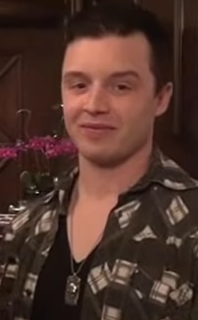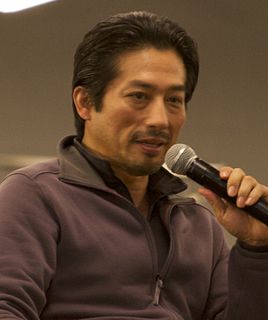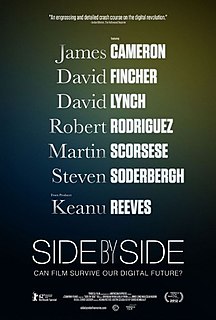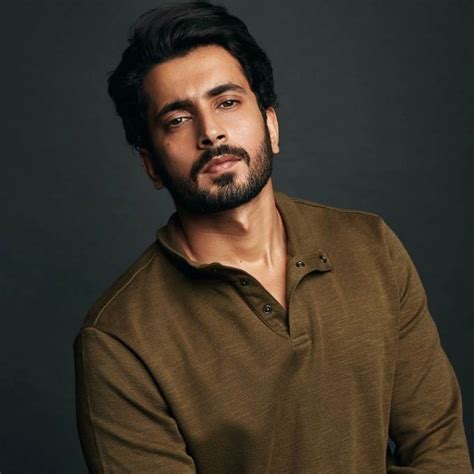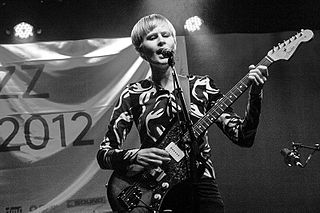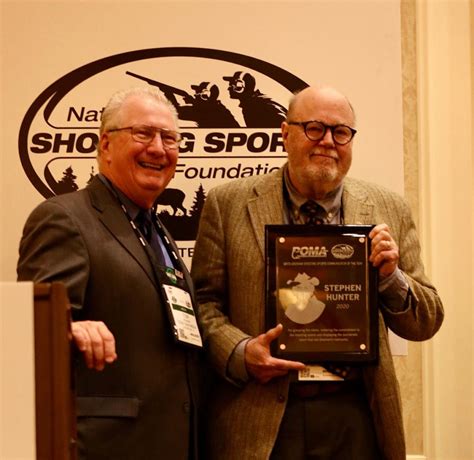A Quote by William Gibson
I loved the Limey [movie]! It's so violent! And yet it's so exquisitely romanticized in a sort of Japanese way, it's a samurai film. Coming out of that, I was really deeply conflicted, because a friend who had seen it said, it's beautiful, but it's not about anything. it's one micron thick.
Related Quotes
I'm not a big fan of violent movies, it's not something I like to watch. And it's not my aim or goal to make a violent movie. My characters are very important, so when I'm trying to depict a certain character in my movie, if my character is violent, it will be expressed that way in the film. You cannot really deny what a character is about. To repeat, my movie end up becoming violent, but I don't start with the intent of making violent movies.
John Logan was kind of wrapping up - "Well, thanks for coming in..." - and I thought, "Oh, God, this is over and I'm out of here, and I really don't want to leave."So I said, "Can I ask you a question?" He said, "Sure." "What movie do you think you've seen more than any other movie?" And he said, "Wow, let me think about that. I guess probably The Searchers." And I said, "Well, oddly, that's the movie I've seen more than any other movie." And I wasn't just BS-ing. It's true. It's my favorite movie.
I met Michael Snow and Stan Brakhage the second day after I arrived, you know. I had never seen or heard of Brakhage. For me, it was a revolution, because I was well educated in film, but American-style experimental film was known to me in the abstract, and I had seen practically nothing. I had seen a film then that Noël Burch had found and was distributing called Echoes of Silence. It was a beautiful film, three hours long. It goes forever and it was in black and white, very grainy, and I saw that film and I thought...it was not New Wave. It was really a new concept of cinema.
The idea of the book ["The Japanese Lover"] came in a conversation that I had with a friend walking in the streets of New York. We were talking about our mothers, and I was telling her how old my mother was, and she was telling me about her mother. Her mother was Jewish, and she said that she was in a retirement home and that she had had a friend for 40 years that was a Japanese gardener. This person had been very important in my friend's upbringing.
I love acting, but I am a mom, and the roles just weren't coming because of a mixture of things: because I'm not ambitious, and because I'm older, and I had a baby. I really felt like I had said a graceful and completely happy goodbye to acting in a significant way. And I had sort of made my peace with that.
I cannot believe that violence depicted onscreen actually causes people to act out violently. That's oversimplifying the issue. If somebody commits a violent act after seeing violence in a movie, I think the question that needs to be asked is: would that person still have committed the act if he had not seen a violent film?
It feels very different to have long, thick, brightly colored hair. It makes me feel so conflicted to wear, and I believe showing a conflicted person onstage is actually really interesting and emotionally engaging. I'm trying to not just be the person standing on the outside and looking at something, but to actually be it, in a way.
If I had a friend and loved him because of the benefits which this brought me and because of getting my own way, then it would not be my friend that I loved but myself. I should love my friend on account of his own goodness and virtues and account of all that he is in himself. Only if I love my friend in this way do I love him properly.







